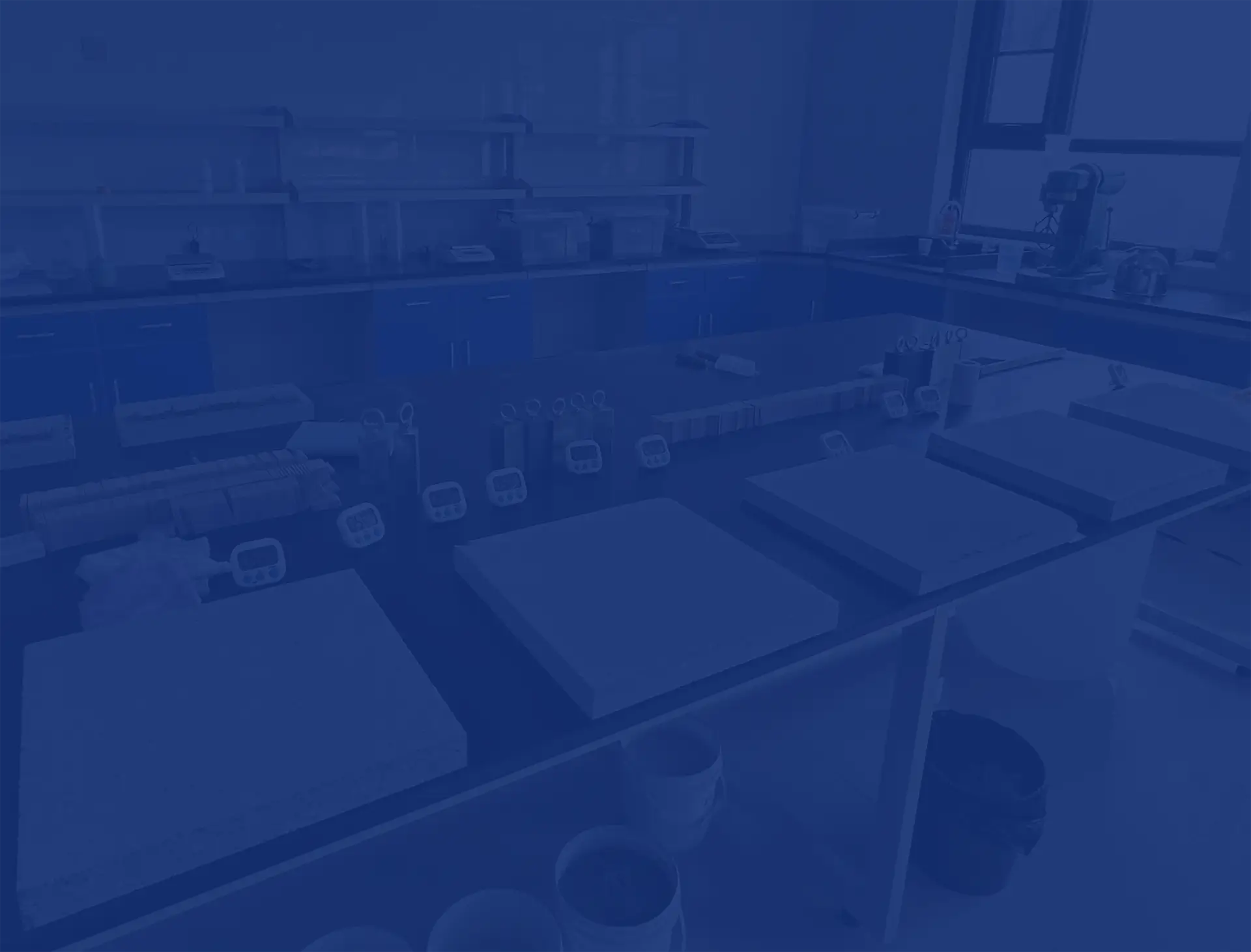
Oct . 06, 2024 12:26 Back to list
rdp powder uses
RDP, or redispersible polymer powder, is a versatile additive widely used in construction and various industries. Its unique properties make it a valuable ingredient in the formulation of adhesives, mortars, and coatings. This article explores the different uses of RDP powder and highlights its significance in enhancing product performance.
One of the primary uses of RDP powder is in the production of dry-mix mortars. These mortars, which are typically used for tile adhesives, plasters, and other construction applications, benefit significantly from RDP's properties. When mixed with water, RDP forms a flexible film that enhances adhesion, improves elasticity, and increases the workability of mortars. As a result, the end products exhibit better performance characteristics, such as resistance to cracking and improved bonding strength.
.
Another significant application of RDP powder is in the production of coatings. RDP-based coatings offer a range of benefits, including increased adhesion to various substrates and enhanced flexibility. They also provide longer-lasting performance and better resistance to weathering and environmental factors. Whether used in exterior wall coatings, paints, or sealants, RDP ensures that the finished products maintain their appearance and performance over time.
rdp powder uses

Moreover, RDP powder is commonly utilized in EIFS (Exterior Insulation and Finish Systems), where it plays a pivotal role in improving the overall effectiveness of the system. The flexibility and adhesion properties conferred by RDP allow EIFS to withstand thermal expansion and contraction, thus extending the lifespan of the insulation and finish.
Beyond the construction industry, RDP has applications in other fields such as automotive, textiles, and even packaging. Its ability to enhance the performance of various formulations makes RDP a crucial component across diverse markets.
In summary, RDP powder is an indispensable additive in numerous industries, particularly construction. Its applications in dry-mix mortars, adhesives, and coatings exemplify its versatility and effectiveness. The benefits of using RDP include improved adhesion, flexibility, durability, and resilience, making it a preferred choice for manufacturers aiming to produce high-quality products. As industries continue to evolve, the demand for RDP is likely to grow, driving innovation and development in material science and engineering.
-
Versatile Hpmc Uses in Different Industries
NewsJun.19,2025
-
Redispersible Powder's Role in Enhancing Durability of Construction Products
NewsJun.19,2025
-
Hydroxyethyl Cellulose Applications Driving Green Industrial Processes
NewsJun.19,2025
-
Exploring Different Redispersible Polymer Powder
NewsJun.19,2025
-
Choosing the Right Mortar Bonding Agent
NewsJun.19,2025
-
Applications and Significance of China Hpmc in Modern Industries
NewsJun.19,2025







